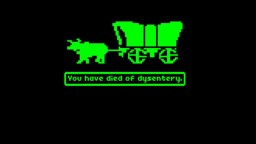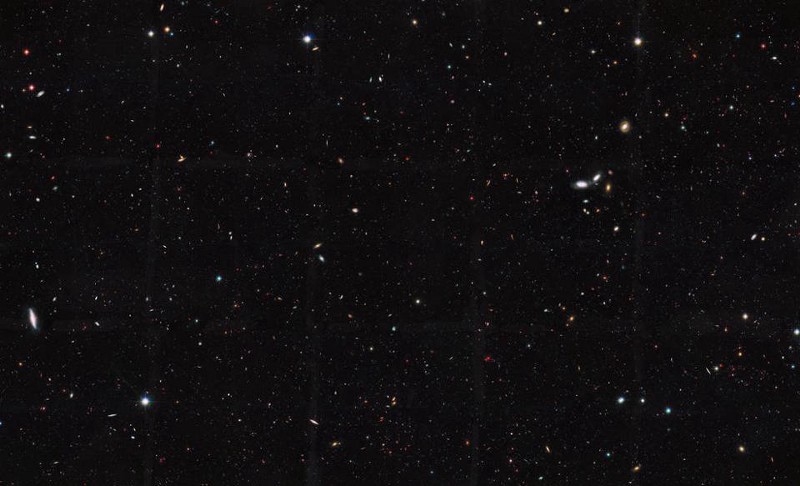The highest energy collisions go beyond any collider… and may hold a fantastic secret! This article was written by Sabine Hossenfelder. Sabine is a theoretical physicist specialized in quantum gravity. […]
Search Results
You searched for: Computers
The advertising legend Ryan Holiday, who maintains a humble profile, speaks to the difference between confidence and ego, exposing the latter as a thin veneer concealing weakness.
▸
4 min
—
with
Mark Zuckerberg recently reiterated that brain-to-brain interfacing is our species future. Today, scientists can have participants move things on a screen with their mind and signal to one another across vast distances. It may someday have therapeutic uses for ADHD, give us sense experiences not akin to our species, and even allow advertisers to invade our minds.
Now that the stretch between Thanksgiving and the New Year is upon us the litany of fitness excuses rolls out. Gyms will be sparse, with crowds flocking on certain days […]
Researchers at UCLA have found Grim Reaper DNA in 5% of the population. But there is a bright side – lifestyle choices go a long way in overriding a shorter genetic life expectancy.
Creative director at Apple for 12 years, and the man responsible for introducing the lowercase-i into Apple’s product line, Ken Segall discusses the present and future of Apple computers.
▸
7 min
—
with
Our Moon might even be a rarer occurrence for a Solar System than an ‘Earth’ is. “The pressure to compete, the fear somebody else will make the splash first, creates a […]
Neurotechnology pioneers envision an expanded future for humanity straight out of science fiction.
What does a theoretical physicist do all day? Janna Levin shares some insight on perception vs. reality, and provides a glimpse of how she spends her time (hint: doing math).
▸
6 min
—
with
The history of industrialization is the separation of workers from their labor, and it continues today in the digital marketplace where online companies seek to replace human labor with algorithms.
▸
5 min
—
with
You know what self-driving cars will help reduce? Phantom traffic jams. You know the ones, where traffic seems to just halt. You see no accidents, no construction, no state trooper—everything has just slowed for what seems like no reason at all.
Neil deGrasse Tyson compares our actual progress in space to what was predicted in the 1968 movie 2001: A Space Odyssey.
Researchers at MIT have developed a system that can read a person’s emotions, even hidden ones, at a distance.
How many kinds of stories are there? From Harry Potter, to Oedipus and Romeo and Juliet, scientists at University of Vermont use data modeling to figure it out.
Researchers announce a potential breakthrough in using nanotechnology to fight cancer.
A first-ever full-body transplant will be performed by controversial Italian neurosurgeon Sergio Canavero who became famous when he enlarged on plans to remove the heads of two people.
Genetic engineering, utilizing CRISPR, promises to change human lives by bringing an end to disease while irreversibly modifying our gene pool.
Imagine a device implanted inside your body which can detect heart disease, diabetes, cancer, an infection, and more, down at the genetic level? Scientists at UC San Diego have just created one.
AI theorist Eliezer Yudkowsky once wrote, “The AI neither hates you nor loves you, but you are made out of atoms that it can use for something else.”
Samuel Arbesman warns that we’ve entered a new “age of Entanglement” with our complex technology-based systems.
We are entering a new generation of prostheses. In years to come bionic limbs will become a reality. Soon the paralyzed and amputees will have limbs that they can use as if they were their real arms and legs. Learn more about this development and the technology behind it.
Medical devices like pacemakers and insulin pumps will save many lives, but they also represent an opportunity to computer hackers who would use the Internet to cause havoc.
▸
6 min
—
with
A small animal shuts down CERN’s Large Hadron Collider, the world’s largest scientific instrument, right before an experiment to detect new particles.
The idea behind bitcoin is the blockchain and it’s quite a concept.
Flexible work schedules aren’t the rarity that they used to be. Some of the biggest companies now allow their employees to set their own schedules, with pretty interesting results.
The topic of diarrhea is often the subject of toilet humor, but among servicemen and women it can be a matter of life and death. The disease once killed more soldiers than combat, and remains a serious threat.
▸
3 min
—
with
How many galaxies are there in the observable Universe? For the first time, we don’t just have a ‘lower limit’ — we have an answer. “Our posturings, our imagined self-importance, the delusion that […]
Writers beware, an AI-written novel just made it past the first round of screening for a national literary prize in Japan. The novel this program co-authored is titled, The Day A Computer Writes A Novel.
Creators of artificial intelligence measure how well machines can imitate human qualities like empathy, listening, affirmation, and love. Don’t reciprocate, says Sherry Turkle.
▸
5 min
—
with
Any forecast attempting to predict the weather beyond seven to 10 days isn’t credible, say meteorologists. This hasn’t stopped AccuWeather from rolling out a 90-day forecast feature.





























